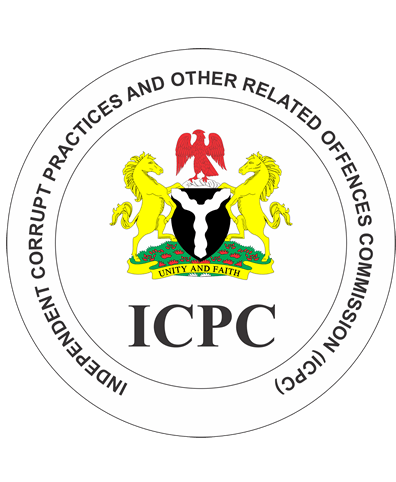The Chairman of the Independent Corrupt Practice and other related Offences Commission (ICPC), Dr. Musa Adamu Aliyu has lamented the rise in cases of sexual harassment in primary and secondary schools across the country.
Aliyu, a Senior Advocate of Nigeria (SAN) who raised the concern at a one-day national stakeholders engagement on sexual harassment prevention which held Tuesday in Abuja, observed that until there is heavy consequences on offenders, the menace would continue to be on the increase.
The event which was organized by the ICPC in collaboration with the Gender Mobile Initiative, is aimed at ensuring that the Model Policy for Tertiary Institutions does not end up like many others that needed to be adequately implemented.
While stating that sexual harassment and other related societal ills including gender discrimination are tarnishing the nation’s reputation, the anti-corruption agency stressed that, “Only a consistent, persistent, focused and united campaign can ensure that the challenge of sexual harassment in tertiary institutions is decisively addressed”.
Aliyu recalled that ICPC had few years ago, in line with its commitment to addressing all forms of corruption, including abuse of office via sexual harassment, with the support of the Ford Foundation, executed a project aimed at curbing this societal malaise.
“One of the expected outcomes of that project was the drafting of model anti-sexual harassment policies for various levels of educational institutions.
“It is sadly interesting to note that sexual harassment, though more notorious in tertiary institutions, is quite rampant in primary and secondary institutions, too”, he said.
He disclosed that the Commission in the spirit of partnership, engaged Gender Mobile Initiative to draft a model policy for tertiary institutions adding that the Federal Ministry of Education approved the policies of the primary and tertiary institutions.
“The policies are not necessarily meant to be adopted word for word by stakeholders. Instead, it is expected that although they may be adopted wholly by any institution that so desires, they should serve as guidelines for what a comprehensive policy should contain”, he added.
The ICPC boss however warned participants to always keep in mind that anyone, irrespective of status, designation, or gender, staff or student, can be a victim of sexual harassment. “Likewise, anyone could be a perpetrator..
“It is a notorious fact that Nigeria has so many laws and policies, but many of them are not being correctly implemented. Therefore, proper implementation of the model policies cannot be over-emphasized. The success of this initiative largely depends on the active participation and commitment of stakeholders like you.
In reaction, to the high rate of sexual harassment especially in tertiary institutions across the country the Minister of Women affairs, Mrs Uju Kennedy said measures are being put in place to tackle the menace through the establishment of mobile courts for proper prosecution of perpetrators to face the rule justice
She however added that that sexual harassment is not relegated to tertiary institutions alone but even in primary and secondary schools often carried out by teachers and sometimes among pupils
Uju stressed that the Ministry is also working in collaboration with hotel owners to deny access to under aged children from lodging and report any of such attempts to security operatives to curb the terrible sexual harassment problems
She urged all stakeholders to rise up to the challenge by ensuring that sexual harassment is brought to the bearnest minimum to address the problems of the stigmatisation, low self exteem among victims.
The founder and Executive Director of Gender Mobile Initiative, Omowumi Ogunrotimi in her speech said that the organization realized that it was really important for stakeholders to think about prevention framework than response framework.
“That is why we are in collaboration with ICPC to see that the policy we designed together, and this policy I would say, will be a product of extensive community engagement.
“As far back as 2019, 2020, we had a national conference where we validated this policy with a critical mass of stakeholders in the room across the National Universities Commission (NUC), National Board for Technical Education NBTE and even the student community.
“We have NANs female wing which means that this particular process is all inclusive. So that it centres on leadership, participation, aspiration and experiences of persons who are mostly affected by the structural inequity, and that is the student community
“We really look to moving this forward from here because we know in Nigeria, when policies are made, they do not automatically translate into implementation.
“That is why we have drawn participants from far and wide, over 25 Commissioners of Education from States of the federation to participate in this progamme.










